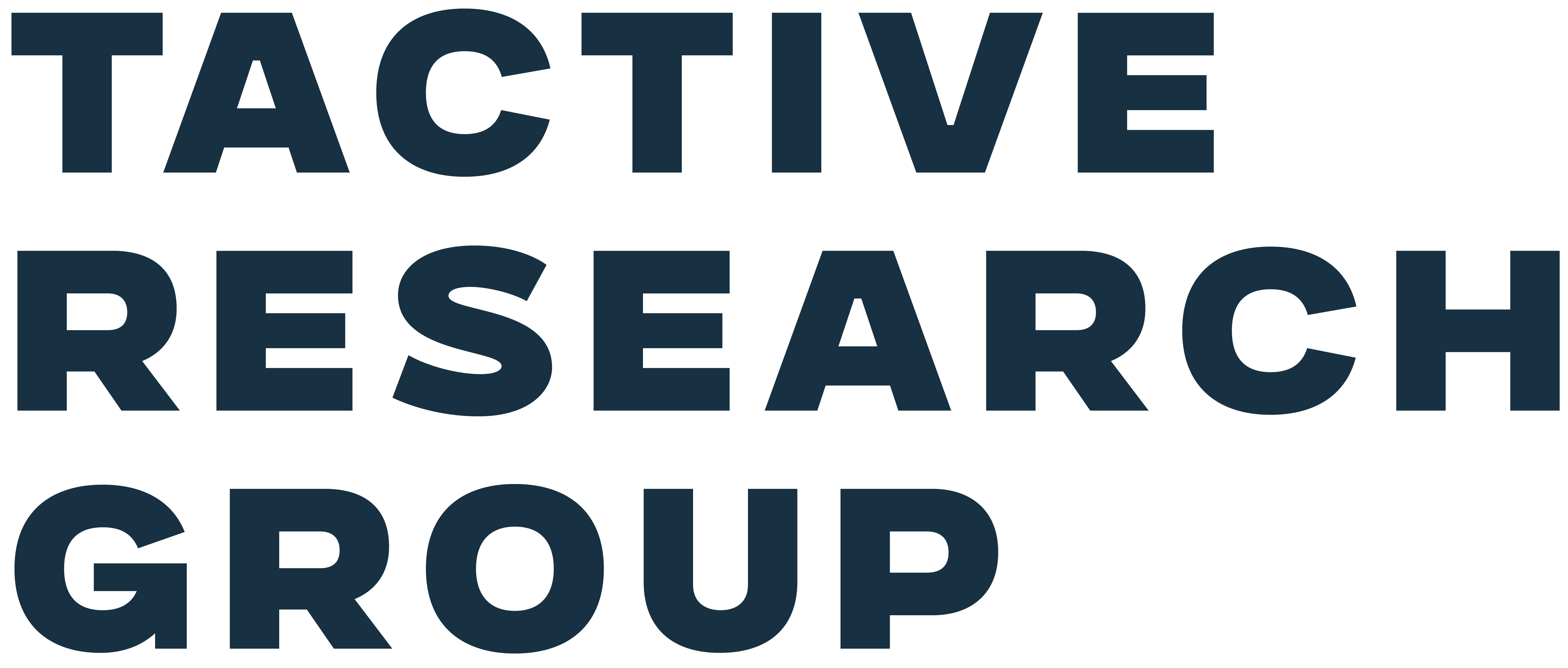The biggest drag on Industry 4.0 isn’t technology, it’s the mismatch between the skills people have and those they urgently need. Skill gaps are now a structural liability, and in manufacturing-heavy sectors like energy-intensive industries, they’re hobbling both digital transformation and sustainability efforts.
Growing Skill Gaps Are Holding Back Industry 4.0
According to recent findings, over 55% of global energy consumption stems from manufacturing. Despite progress, net-zero remains a pipe dream unless decision makers quickly equip their workforce with green and digital competencies. Digital tools are ready, but without workers who can build IoT platforms, interpret AI outputs, or implement Cyber Physical Systems, transformation is stalled.
What’s worse is that the problem is compounded by the traditional methods of identifying skill gaps. Self-assessment surveys and outdated occupational databases are about as accurate as using a sundial at midnight. The pace of innovation has simply outstripped …

